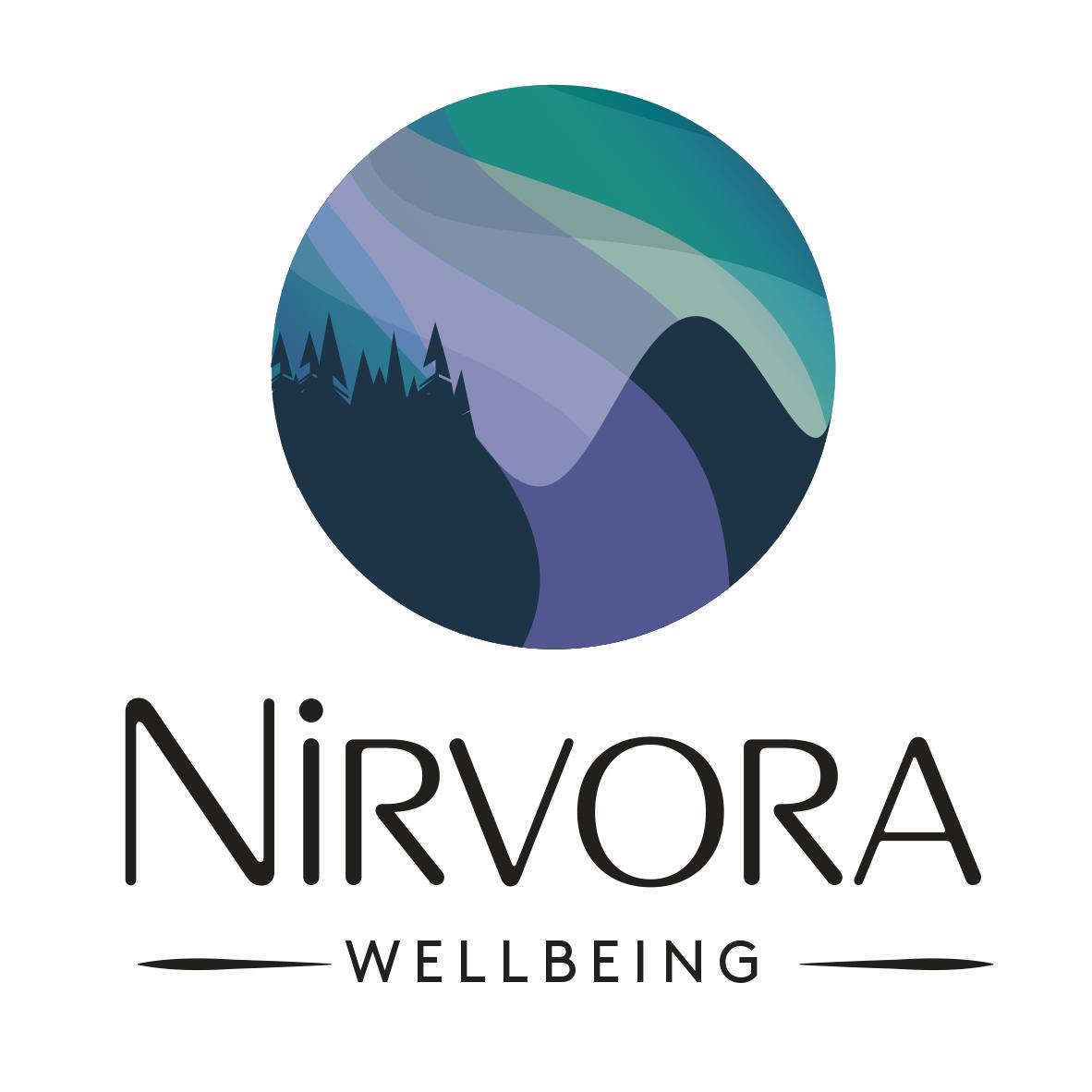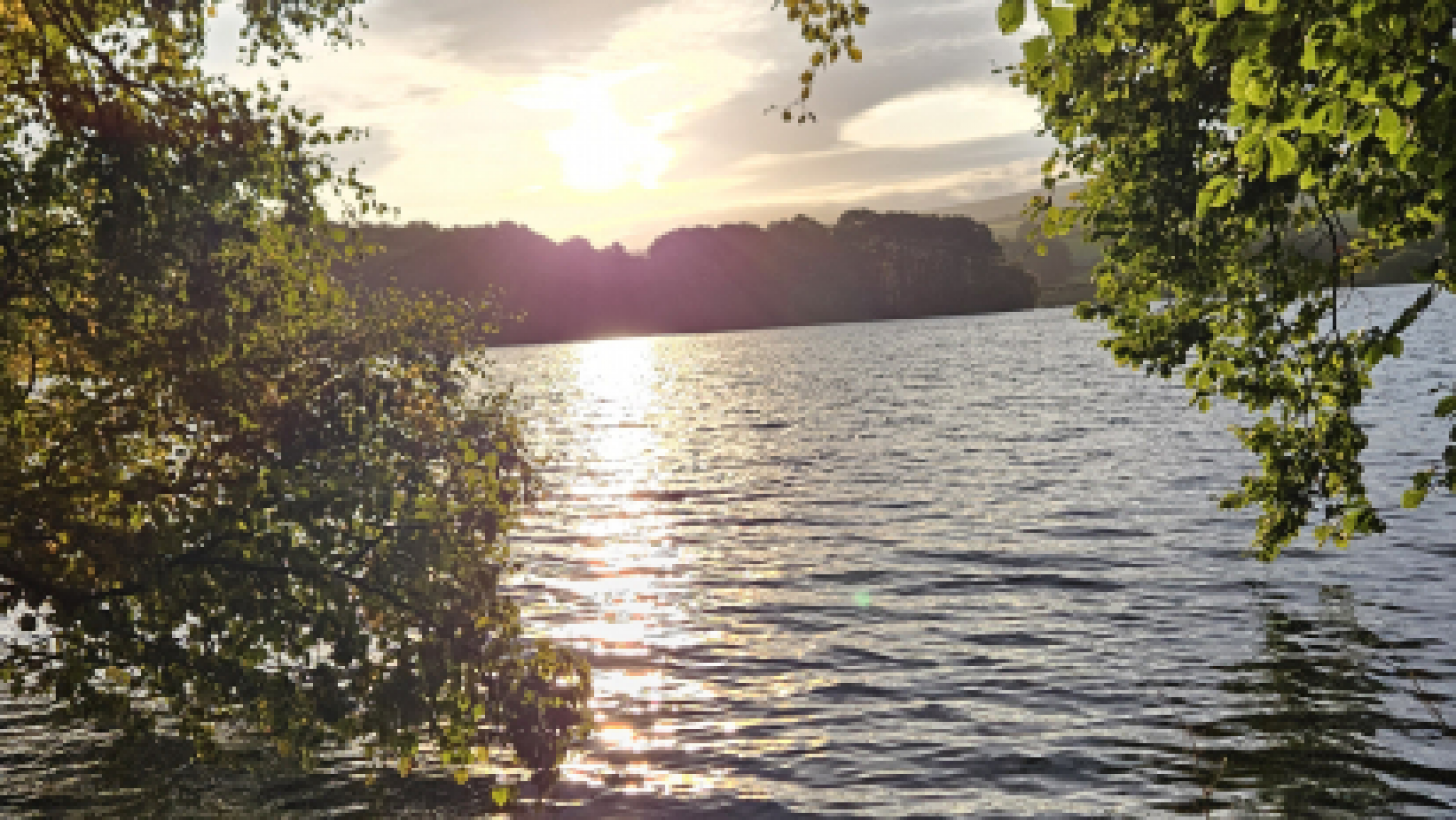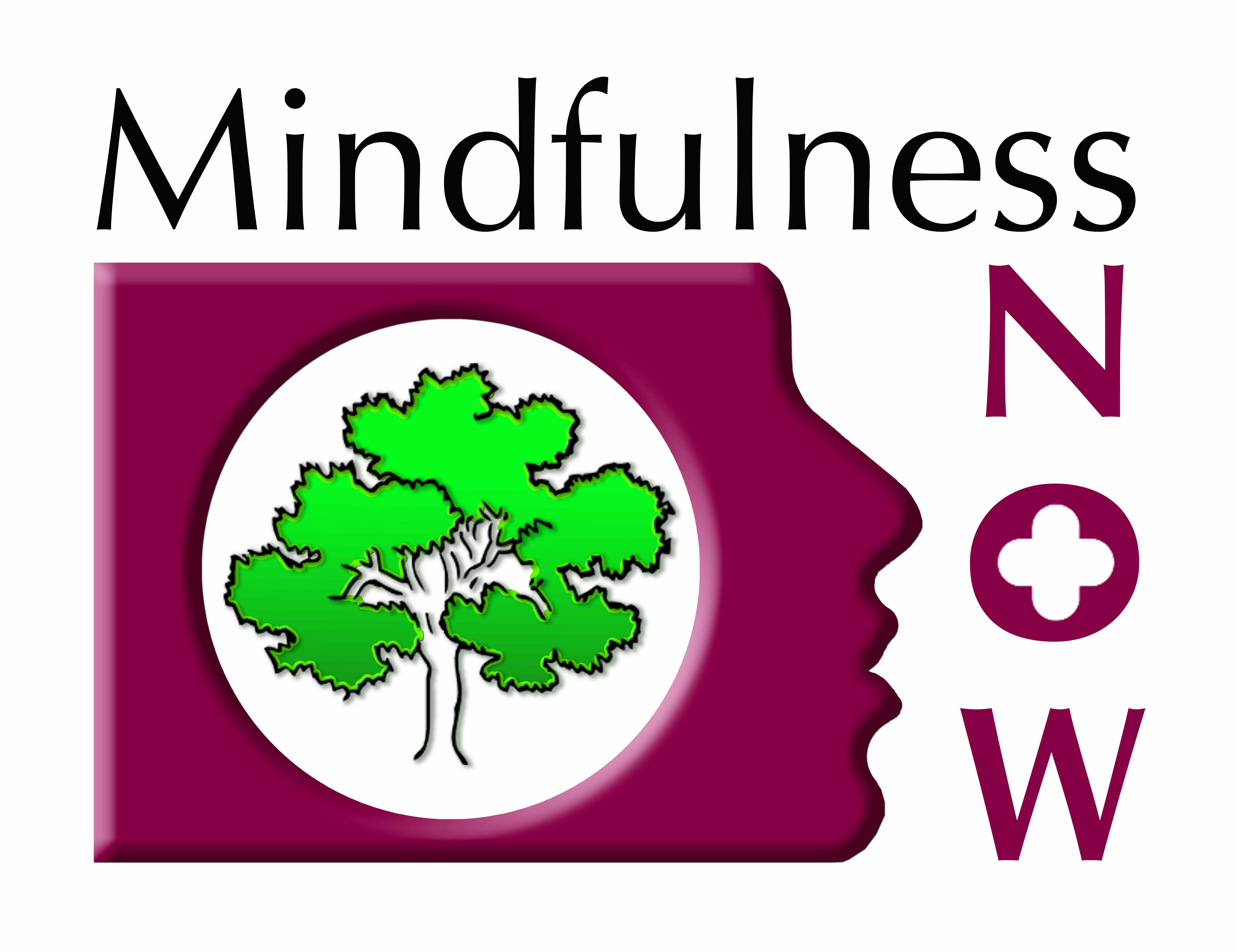Do you struggle to get to sleep or don't feel as though you get enough sleep or have poor quality sleep?
First of all, there is quite a lot published recently stating that adults should have, on average,7-10 hrs of sleep each night; while this is accurate for the many of us it is not applicable to everyone. There are some people who function perfectly well on less sleep, just as there are others who require more. My first piece of advice would be - don't get too hung up on "getting it right" and listen to your own body, to know how much sleep is right for you.
That said, many of us often struggle to to get quality and/or enough sleep. What can you do to help yourself:
fall asleep quicker, get more sleep, gain quality sleep and wake feeling rested?
As a qualified Lifestyle Coach, this is often a question I get asked; as lack of sleep can have many detrimental impacts on our health and lives. Sleep is complicated and there are many aspect of life that can upset our sleep. When my clients come to me with the goal to 'improve their sleep', I spend time with them completing a detailed analysis of their current sleep patterns, as well as other aspects of their daily lives - in order to best support them. After which we work collaboratively to create some SMART action steps, that are realistic and relevant to their life and individual circumstances.
However, one of the key elements that can often makes a difference, is your exposure to (natural) light, particularly early in the morning. Getting between 5-20 minutes (depending on cloud coverage) of daylight can have tremendous benefits to the amount of sleep and quality of sleep you have.
Why? in brief......... natural light exposure, as early as you can after waking, resets our circadian rhythm. A circadian rhythm is a natural occurring process that follows a 24-hour cycle (approximately) and it affects most living things, including humans.
For us humans, the circadian rhythm is part of the body's internal clock which regulates many processes including: hormones, temperature, metabolism as well as wakefulness and sleep. This "internal clock" is indigenous/ naturally occurring, it does not require any external input to occur. This means, it would still occur even if we lived in continuous darkness or day light. However, it would gradually creep later and later each day. The key component to keep this clock at approximately the same time each day is exposure to light (and dark) signals. When light hits our eye/retina a signal is communicated (via electronic messaging) to our pineal gland, which does two things. 1) It signals to our brain to stop making melatonin, a hormone that is linked to making us feel sleepy. 2) It sets our "internal timer" to commence making melatonin again, in approximately14 hours (hence us beginning to feel sleepy in the evening).
The type of light we are exposed to in the morning is important, and the best quality and amount of light we can receive comes from sunlight, at low solar angle. Hence the advice to get out into daylight as early as possible, when the sun is at it's lowest/still low. Why? this is due to the exposure of blue rays which are at their strongest when the sun is low in the sky. Other light rays will trigger the signal to our brain, but not to it's optimal level. PLEASE NOTE, never look at the sun directly as there is risk of damaging your eyes. Simply being outside, in amongst natural light is enough, you do not have to face in the direction of the sun. The light rays are deceptively powerful, even on a cloudy day (ideal exposure on these days should be 10-20 minutes). Receiving this light through a window is a staggering 50% less effective. However, if it is not possible to get outside, of course, exposure to daylight through a window is better than non at all but if possible - the advice would always be to, get outdoors (as this is far more effective, plus being outdoors has many other positive impacts on our mental and physical wellbeing). Other options would be to purchase a good quality sun simulating lamp (with high blue rays), but this additional expense is not necessary if you are able to get outdoors.
Exposure to blue light rays correlates with the advice to avoid screens, such as tablets, mobile phones etc at least an hour before trying to fall asleep, as these rays can negatively impact the secretion of melatonin (which we want in the evening). Light recommendations for the evening, would be to turn off overhead lights and use lamps or floor lighting, preferably with more yellow rays/softer lightning. Again the type and amount of light being received into our eyes/retina reinforces the message to our "internal clock" and our brain that it is time to make melatonin. The positioning of the lights (i.e. lamps lower down and/or floor lighting as opposed to overhead lighting) is further supportive to these signals, as our retina receives the majority of the light signals from overhead light.
Of course there are many, many other factors that prevent us from getting enough and adequate quality of sleep, such as stress, diet, anxiety, pain, socio-economics, social connection, exercise etc. One size does not fit all. Which is where a Life Coach is unique, as we take the time to work with individual's to consider the bigger picture. However, it morning light exposure may be the trick that helps you - and it does not involve too much change in your lifestyle nor expense.
**I also acknowledge this is not appropriate advice for those who travel internationally through different time zones, nor is it relevant to those who do shift work. As a Coach, these factors would be duly considered.
Should you like further advice on improving your quality/quantity of sleep - please contact myself for a free, no obligation 20 minute consultation at





